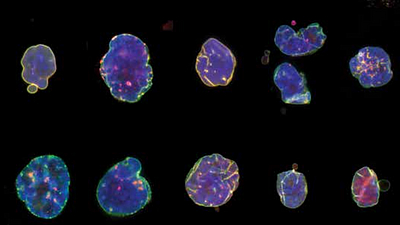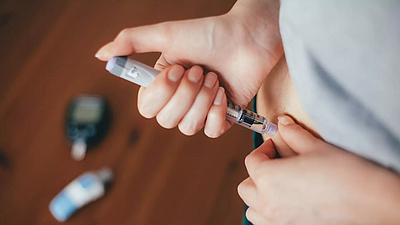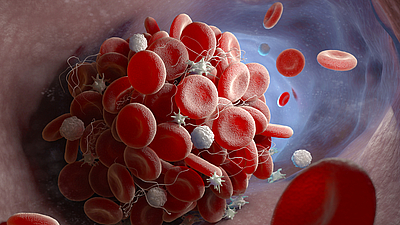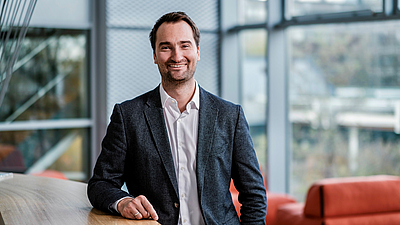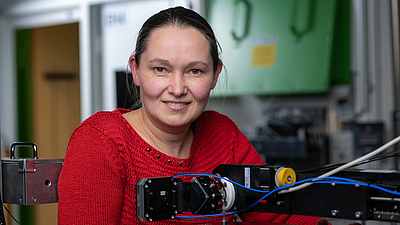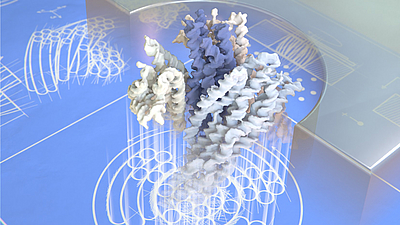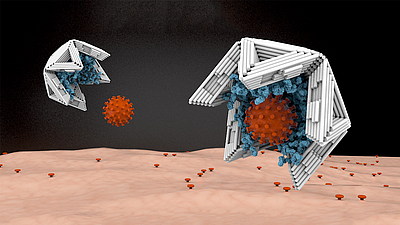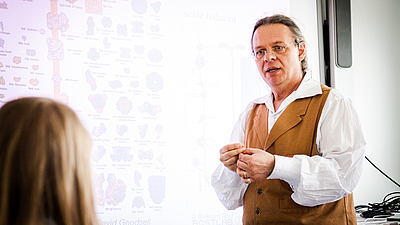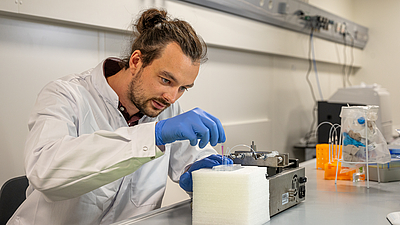With the help of these cookies we strive to improve our offer for our users. By means of anonymized data of website users we can optimize the user flow. This enables us to improve ads and website content.
| Name |
Purpose |
Lifetime |
{f:translate(key: 'tableheader.type, extensionName: 'Cookieman'')} |
Provider |
|
_pk_id
|
Used to store a few details about the user such as the unique visitor ID.
|
13
months
|
HTML
|
Matomo
|
|
_pk_ref
|
Used to store the attribution information, the referrer initially used to visit the website.
|
6
months
|
HTML
|
Matomo
|
|
_pk_ses
|
Short lived cookie used to temporarily store data for the visit.
|
30
minutes
|
HTML
|
Matomo
|
|
_pk_cvar
|
Short lived cookie used to temporarily store data for the visit.
|
30
minutes
|
HTML
|
Matomo
|
|
_pk_hsr
|
Short lived cookie used to temporarily store data for the visit.
|
30
minutes
|
HTML
|
Matomo
|
